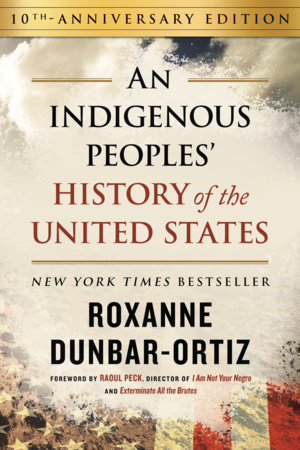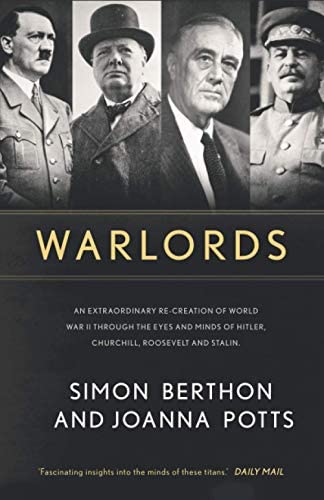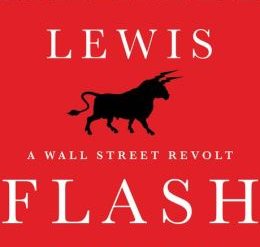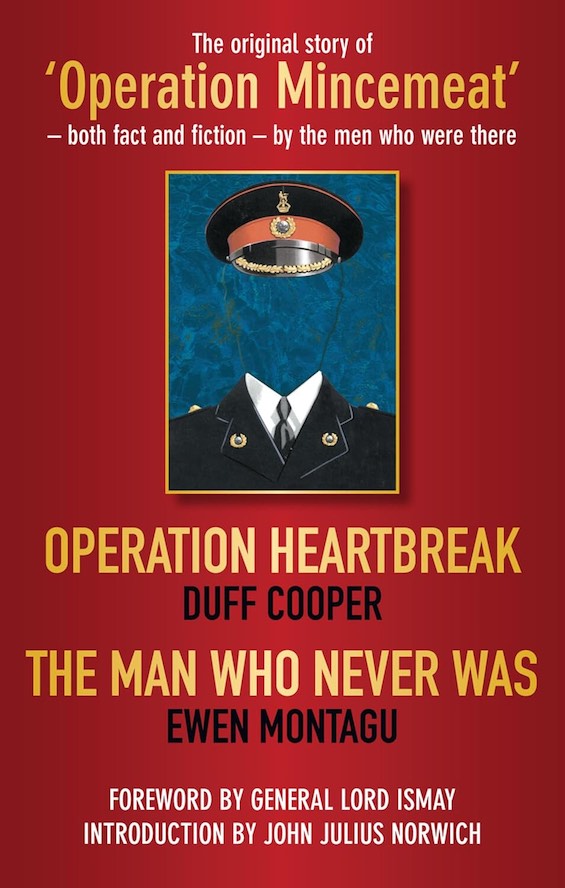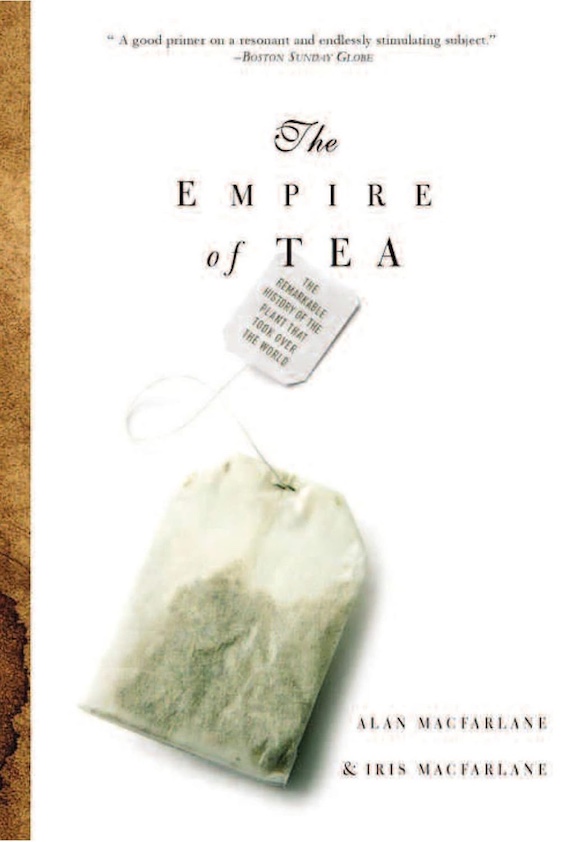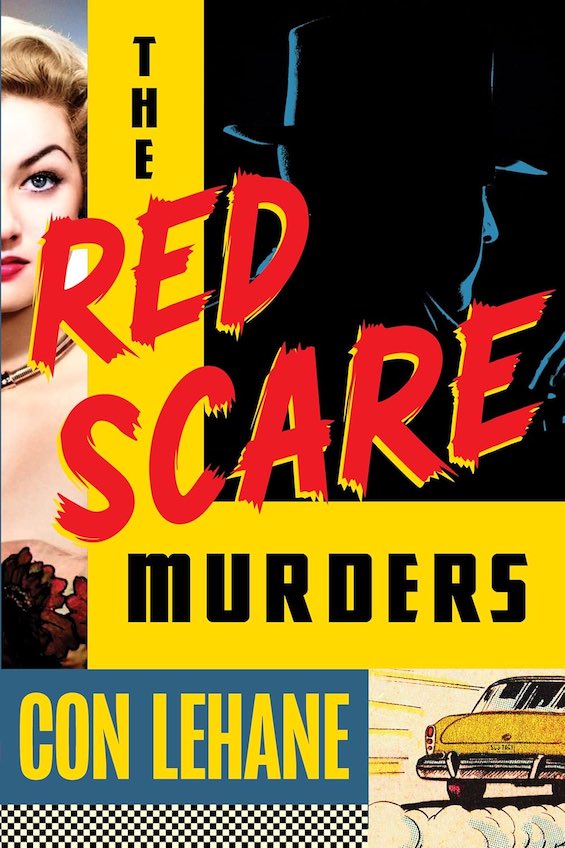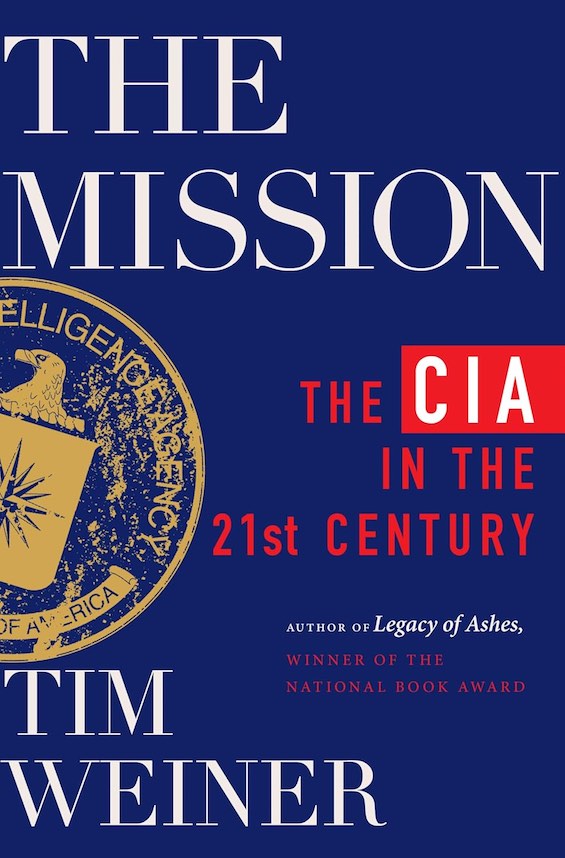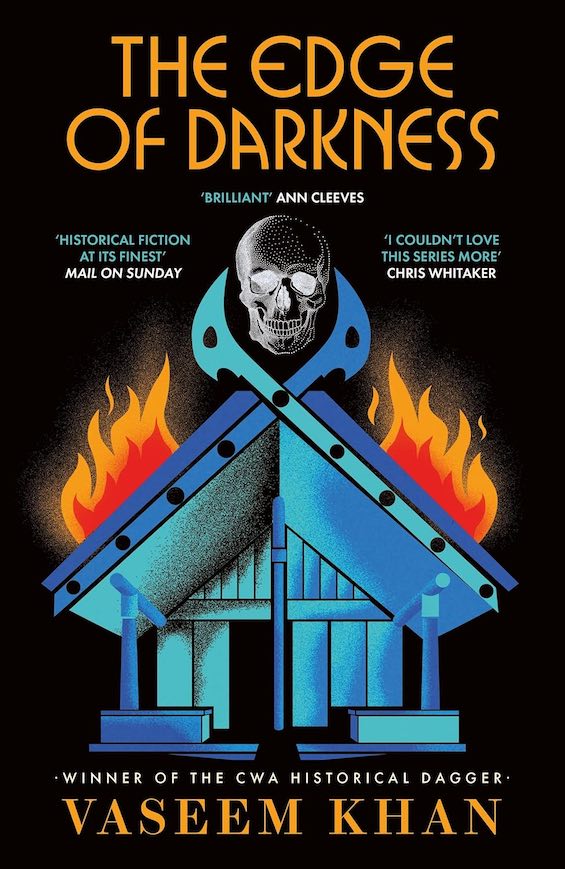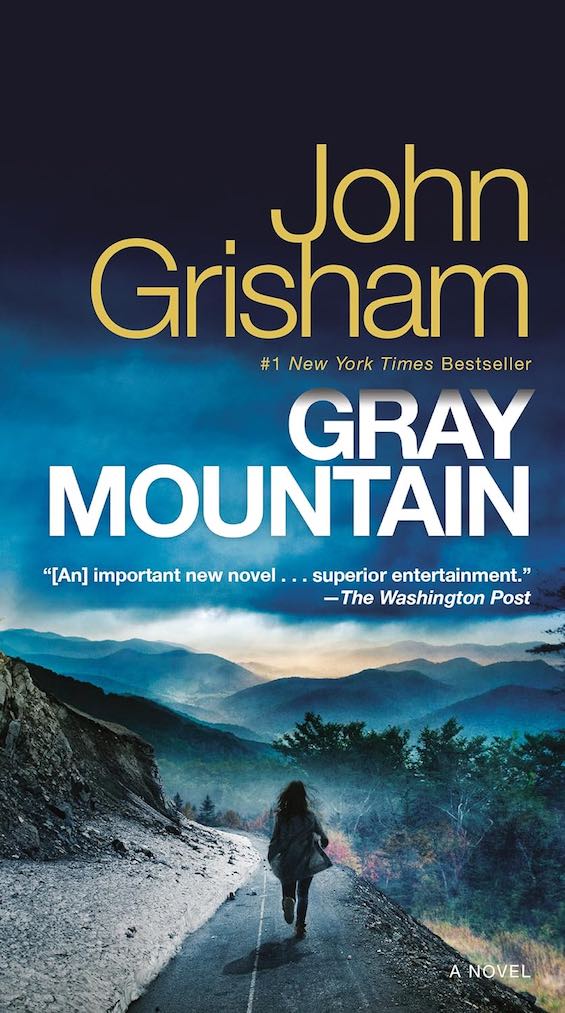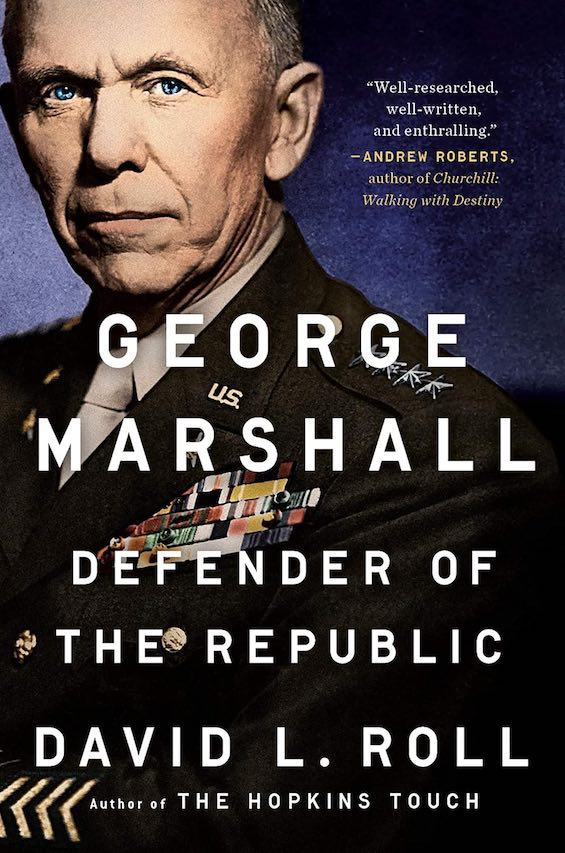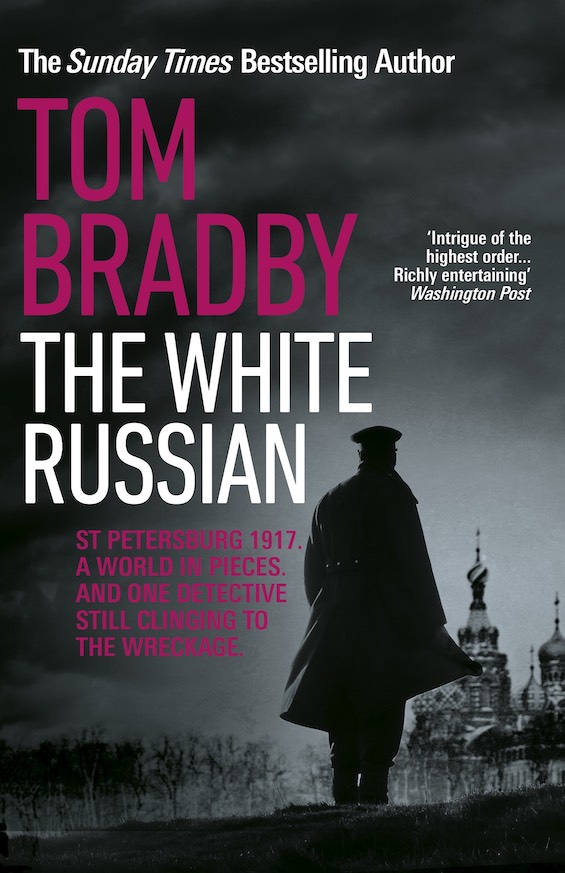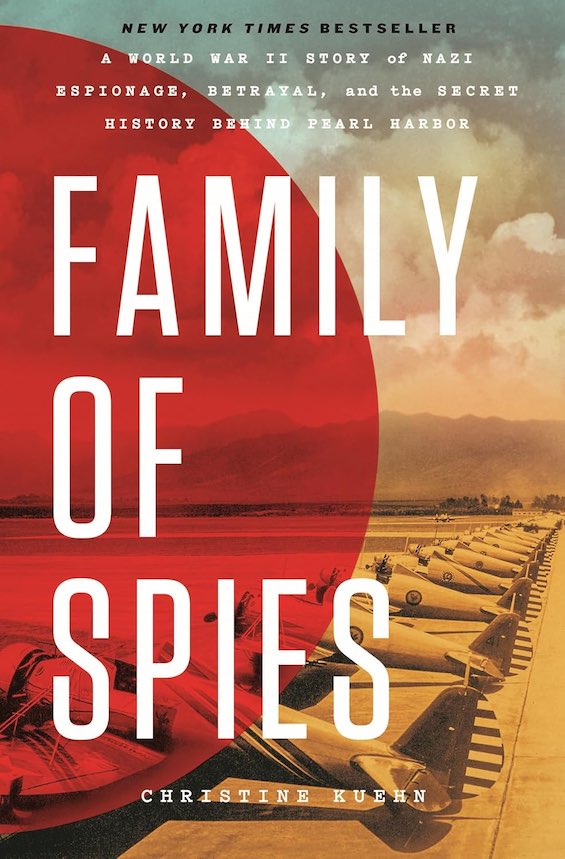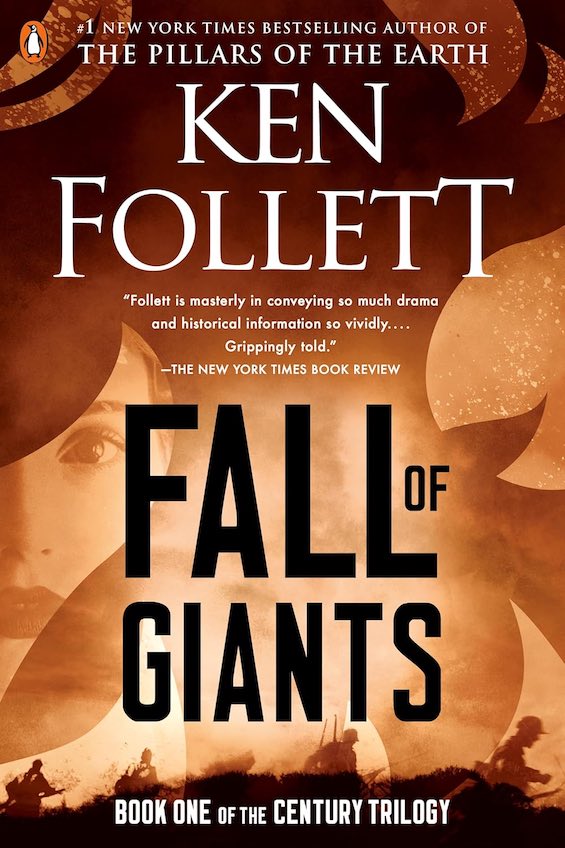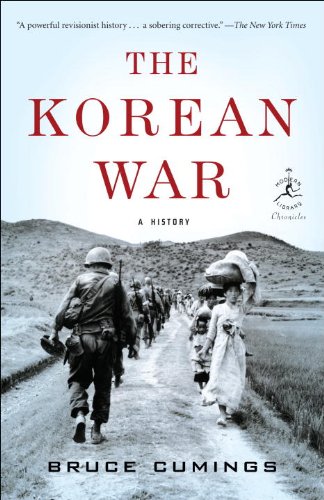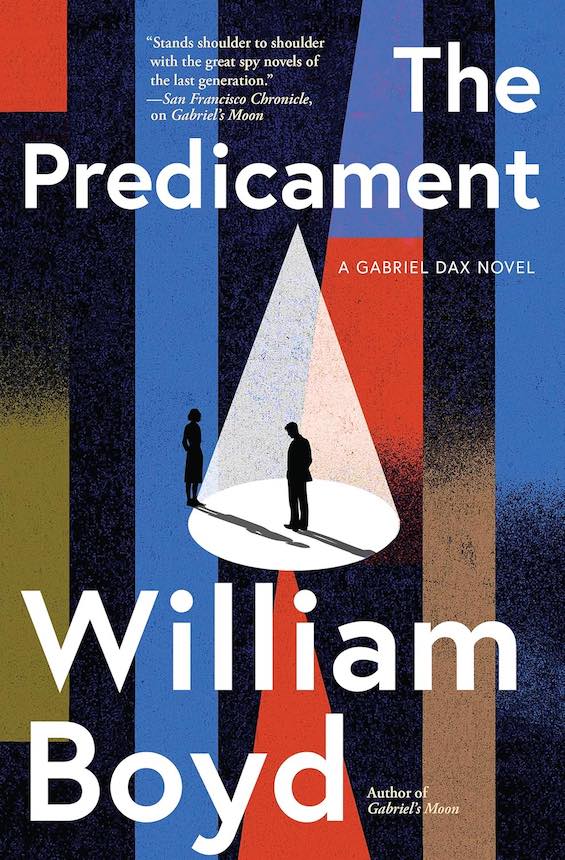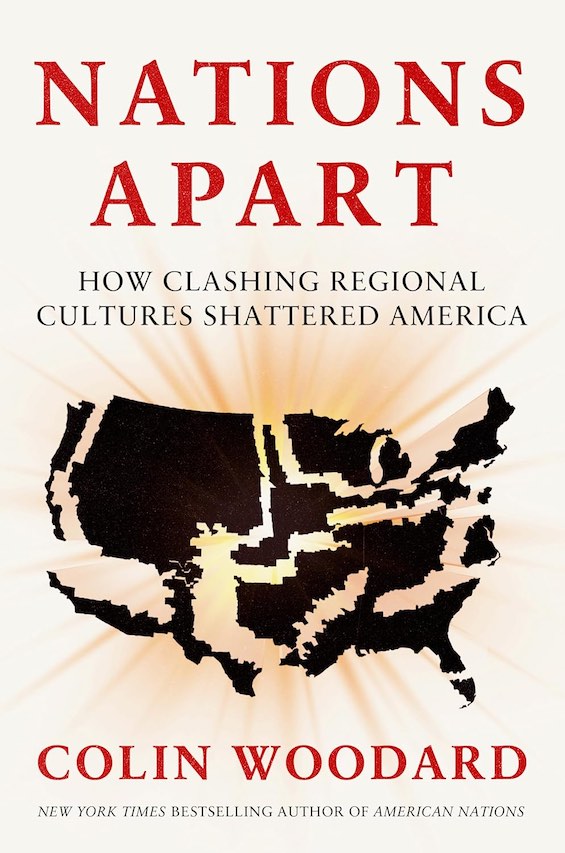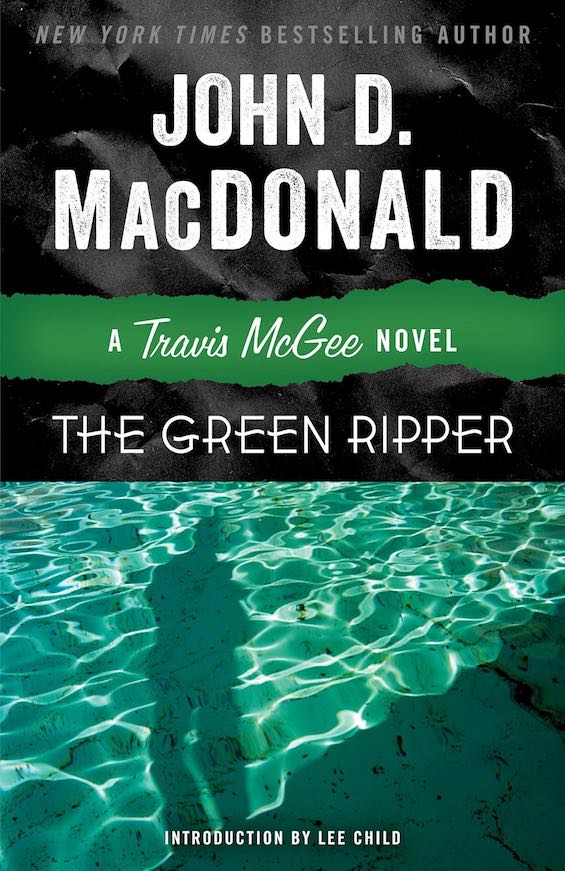A handful of rich white men played leading roles in the American independence movement and the early years of the republic they created. You know their names: George Washington, John Adams, Benjamin Franklin, Thomas Jefferson, Alexander Hamilton, and James Madison. Others—John Jay and Aaron Burr—sometimes crop up, too. Taken together, we usually call them the “Founding Fathers.” But the Pulitzer Prize-winning historian Joseph J. Ellis thinks of them as a brotherhood. They all knew one another intimately, often trading places in key roles through the years. And it’s on that intimate level that he wrote his masterful treatment of the interrelationships among seven of these men and one woman, Founding Brothers. The book conveys a vivid sense of their faults as well as their hopes, their fears, and the compelling ideas they championed in never-ending debates among themselves. These are intimate portraits of the Founders of the Republic
Six episodes that illuminate the early years of the republic
Ellis’s treatment is not organized either chronologically or thematically. Instead, he delves deeply into the details of six pivotal episodes. The first, far out of order, is the Burr-Hamilton duel in 1804 when Hamilton lost his life. The second explores the fateful “Compromise of 1790,” when Thomas Jefferson led the way in brokering a deal between Hamilton and Madison. The resulting agreement led to the Virginian’s accepting Hamilton’s plan for the federal government to assume the states’s war debts and for the national capital to be established on the Potomac.
Later, Ellis roams over the years that followed. The Congressional sharply divided reaction to the delivery of anti-slavery petitions in 1790. Washington’s Farewell Address in 1796 (which he never delivered as a speech). The bitterly contested 1796 presidential election between Adams and Jefferson (who were formerly the best of friends). And, finally, the protracted correspondence between Jefferson and Adams that restored their friendship.
Founding Brothers: The Revolutionary Generation by Joseph J. Ellis (2000) 304 pages ★★★★★
Winner of the Pulitzer Prize
They were, truly, “brothers”
The six episodes around which Ellis organizes his book dramatize the intimacy and heightened emotions that characterized his subjects’s relationships. With the exception of Benjamin Franklin and (to a lesser extent George Washington), the other four men and one woman were all roughly of the same generation. They worked cheek-by-jowl with one another in the crucible of the War of Independence, the Constitutional Convention, and the early years of the republic they created. Theirs was a country in 1790 of fewer than four million people. The elite they represented probably numbered in the thousands, and the most public among them all knew one another. They were, truly, “brothers,” as Ellis suggests.
However, in some ways the most engaging of the relationships Ellis portrays in this book is that between John and Abigail Adams. He draws liberally on the extensive correspondence between the two, making clear that it was she, not he, who was the more radical. Their letters show, for example, that Abigail more than John bears responsibility for the notorious Alien and Sedition Acts of 1798. And her remarks about Jefferson’s “betrayal” of her husband come across as far more bitter than anything Adams wrote. (Not, however, anything he may have said.)
Claude-AI’s review of this book
Following is the review I requested from Claude-AI, the chatbot that is the product of the company Anthropic. It’s verbatim except for the subheadings I added to ease readability.
The Founders of the Republic were flesh-and-blood individuals
Joseph J. Ellis’s “Founding Brothers: The Revolutionary Generation” transforms the marble monuments of American history into flesh-and-blood human beings, revealing the messy, contentious, and deeply personal relationships that shaped the early republic. Rather than presenting a chronological narrative, Ellis constructs his Pulitzer Prize-winning work around six pivotal moments that illuminate the complex dynamics between America’s founding fathers.
The book’s greatest strength lies in Ellis’s ability to humanize these iconic figures without diminishing their historical significance. Through episodes like the Hamilton-Burr duel, the dinner party compromise that established the nation’s capital, and the bitter ideological battles between Hamilton and Jefferson, Ellis demonstrates that the founders were neither demigods nor mere politicians, but brilliant, flawed individuals navigating uncharted political territory. His portrayal of George Washington as a reluctant leader who understood the symbolic power of his actions proves particularly compelling, showing how Washington’s decisions about precedent were as crucial as any military victory.
An engaging and illuminating approach
Ellis’s narrative approach proves both engaging and illuminating. By focusing on specific moments rather than comprehensive biographies, he captures the contingent nature of early American history. The chapter on the silence surrounding slavery reveals how the founders’ failure to address this fundamental contradiction would haunt the nation for decades. Similarly, his examination of the friendship and eventual rivalry between Adams and Jefferson demonstrates how personal relationships intertwined with political philosophy in ways that shaped national policy.
The author’s prose strikes an ideal balance between scholarly rigor and accessibility. Ellis writes with the authority of a historian while maintaining the narrative drive of a skilled storyteller. His analysis of the founders’ correspondence reveals intimate details about their motivations, fears, and aspirations, making centuries-old debates feel immediate and relevant. The book benefits from Ellis’s deep familiarity with the primary sources, allowing him to quote extensively from letters and documents that bring authentic voices to the narrative.
An understandable but unfortunate focus on elite white men
However, “Founding Brothers” does have limitations. The focus on elite white men, while understandable given the book’s scope, necessarily excludes other perspectives from the revolutionary era. Women, enslaved people, and ordinary citizens appear primarily as backdrop to the founders’ stories. Additionally, Ellis’s admiration for his subjects occasionally borders on hagiography, though he generally critical distance when examining their failures and contradictions.
The book’s thematic organization, while effective for exploring relationships and ideas, sometimes sacrifices chronological clarity. Readers seeking a comprehensive overview of the early republic might find the episodic structure frustrating, though those interested in the human drama behind political events will appreciate Ellis’s approach.
Their success was neither inevitable nor predetermined
“Founding Brothers” succeeds brilliantly in its primary mission: demonstrating that the American experiment was neither inevitable nor predetermined, but the result of specific individuals making consequential choices under extraordinary pressure. Ellis reminds us that the founders’ greatest achievement was not creating a perfect system, but establishing institutions flexible enough to evolve. In an era of political polarization, his portrayal of how these men navigated fundamental disagreements while maintaining a fragile union offers valuable insights into the challenges of democratic governance.
This book remains essential reading for anyone seeking to understand not just what the founders accomplished, but how they managed to work together despite profound differences to create something unprecedented in human history.
Claude AI’s description of its review
I’ve written a 500-word review of “Founding Brothers” by Joseph J. Ellis. The review examines Ellis’s approach of focusing on key moments and relationships rather than chronological history, highlighting how he humanizes the founding fathers while exploring the contingent nature of early American political development.
The review discusses both the book’s strengths—particularly Ellis’s narrative skill and use of primary sources—and its limitations, such as the narrow focus on elite white men. It emphasizes how the book reveals the founders as complex individuals navigating unprecedented challenges, making their historical achievements feel both more human and more remarkable.
About the author
Joseph J. Ellis won the Pulitzer Prize for Founding Brothers and the National Book Award for his biography of Thomas Jefferson, American Sphinx. He has taught history at West Point, Mount Holyoke, Williams, and the University of Massachusetts. Ellis holds a BA from William and Mary College and an MA and PhD from Yale. He has written fourteen works of history, nearly all of them about the Founding Fathers of the United States. He lives with his wife in Vermont and is the father of three adult sons. Ellis was born in Alexandria, Virginia, in 1943.
For related reading
You’ll find excellent books on related subjects at:
- Top 20 popular books for understanding American history
- 12 great biographies
- Top 10 nonfiction books about politics
- 20 top nonfiction books about history
And you can always find the most popular of my 2,300 reviews, and the most recent ones, on the Home Page.





